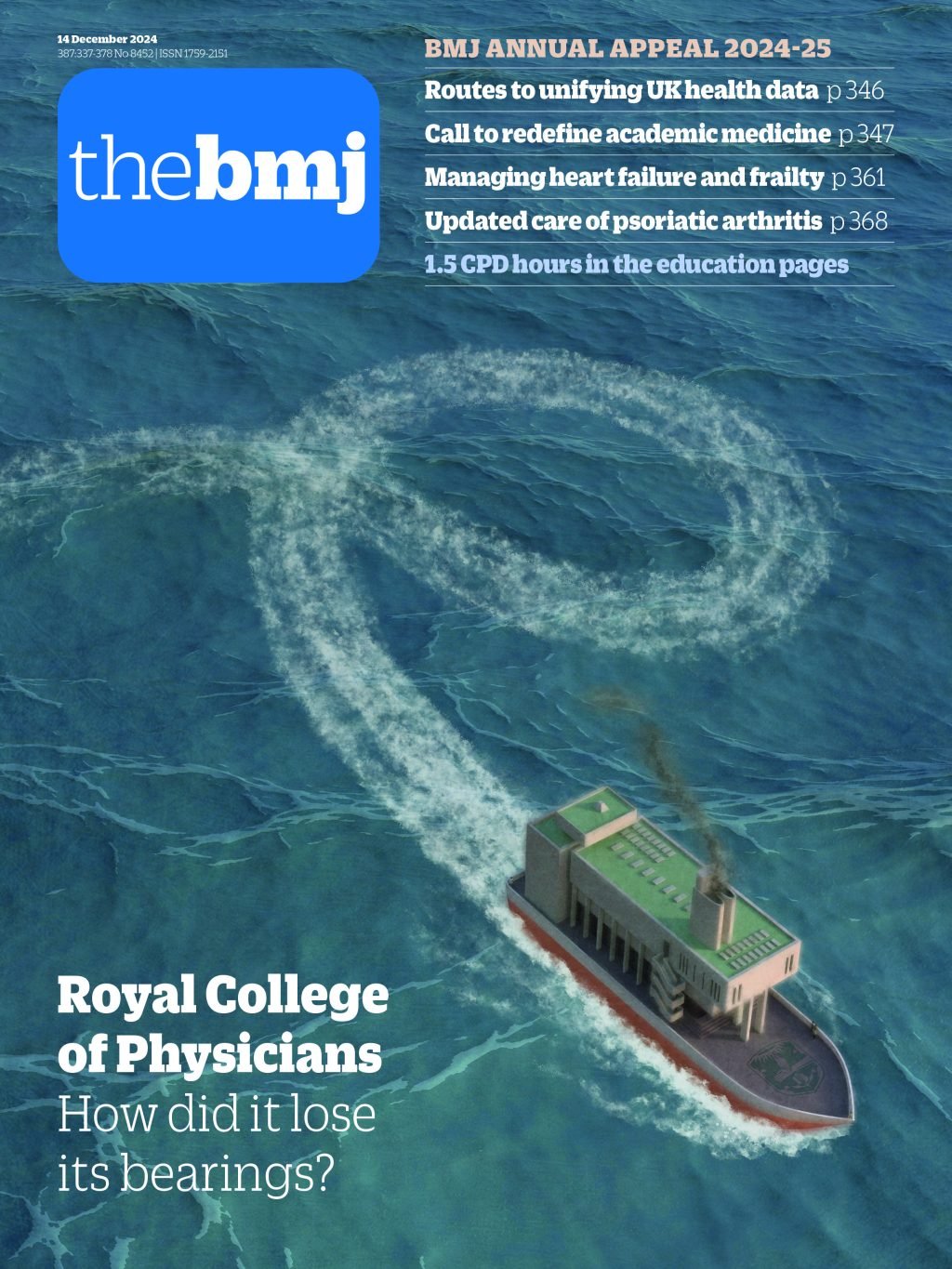
Afghanistan has long had the highest maternal and neonatal mortality in the world. Recent data show that maternal mortality stands at an alarming 620 per 100 000 live births, with neonatal mortality similar.1 The health workforce is in a state of crisis, with most healthcare facilities lacking female health providers, leaving many women living in rural and remote areas without access to skilled maternity care.2 The global community must advocate for midwives in Afghanistan, whose work exemplifies the transformative nature of women’s empowerment, offering hope and care amid oppression and conflict.
As a former head of the Afghan Midwives Association, I have witnessed substantial progress while working with Afghan communities. Over the past two decades, Afghanistan’s dedicated efforts to educate and deploy midwives to mostly underserved areas have led to remarkable improvements in maternal and child health outcomes.3 Midwifery, as a women led profession, has reduced critical gaps in the health system and positioned midwives as key agents of change in advancing health and wellbeing. Afghan midwives play a pivotal role in advancing primary healthcare and provide a wide range of essential reproductive, maternal, newborn, child, and adolescent health interventions. Beyond their life saving skills, midwives have become powerful advocates for women’s health by responding to violence against women and promoting sexual and reproductive rights, and challenging entrenched societal norms in a deeply patriarchal context.34
The resurgence of the Taliban in 2021, after years of protracted conflict, introduced severe restrictions on women’s participation in public life including dismantling opportunities for education and employment as well as access to healthcare. In the face of these oppressive measures, midwives continued to deliver essential maternal and neonatal care and often work discreetly to ensure that critical maternity services reach those in need, even under the most challenging circumstances.5 Midwives’ determination and resilience symbolise quiet resistance against systemic oppression.6
In December 2024, the Taliban intensified restrictions on health and medical education, including a ban on midwifery education, effectively halting the education of midwives in a country already grappling with a critical shortage of maternity healthcare providers.57 Although framed as a religious mandate, this ban lacks any basis in Islamic principles and appears to be politically motivated in order to undermine women’s empowerment and further entrench gender inequality. Years of conflict and humanitarian crises have already severely depleted Afghanistan’s midwifery workforce. The exodus of skilled health professionals seeking safety and better opportunities further afield exacerbates challenges in the fragile healthcare system,5 leaving vulnerable populations, particularly women and children, without access to essential care.
Midwifery services are indispensable for saving lives as cultural and religious norms in Afghanistan prohibit male healthcare providers from attending to women.8 As a female only profession, midwives require access to education and freedom of mobility, creating a profound contradiction with the Taliban ideology. The critical need for midwifery services directly conflicts with their rigid enforcement of gender based restrictions, highlighting the untenable nature of these policies.9
Evidence consistently underscores the wide ranging benefits of empowering women through education and professional opportunities—midwifery education in Afghanistan exemplifies this.68 Skilled midwives can have a central role in reducing maternal and neonatal mortality.4 Beyond clinical skills, the ripple effects of midwifery are profound. Empowering midwives is not merely a cost effective health intervention; it is a pathway to economic growth, community resilience, and peacebuilding. These are qualities desperately needed in conflict affected regions like Afghanistan.1011
The international community must respond with urgency. Diplomatic efforts should press the Taliban to lift bans on women’s education and employment, emphasising the incompatibility of these policies with the health of people in Afghanistan, international human rights norms, and Afghanistan’s obligations under agreements including the Universal Declaration of Human Rights and the Sustainable Development Goals.
Advocacy led by women’s rights activists and midwifery advocates is crucial. Building alliances with global health organisations, feminist movements, and policymakers can create a united front to champion the reinstatement of fundamental rights. By using platforms such as the United Nations, the World Health Organization, and the International Confederation of Midwives, advocates can highlight the devastating consequences of the Taliban’s policies and promote women’s rights.
Community engagement is equally vital and partnering with local communities in Afghanistan can raise awareness about the indispensable role of midwife led care in saving lives and strengthening societal resilience. To sustain advocacy efforts and drive meaningful change, campaigns must be grounded in robust data demonstrating the importance of midwifery services for health, economic development, and societal stability.
Innovative approaches can also bypass restrictions. Investing in alternative education and training models, such as online programmes, telehealth platforms, and cross border collaborations, can help to ensure that Afghan women can access education and professional development despite oppressive measures. By supporting midwives, the world can protect the hard won gains of the past two decades and help pave the way for a brighter, more equitable future for Afghanistan.
Footnotes
-
Competing interests: none
-
Provenance: commissioned, not externally peer reviewed







